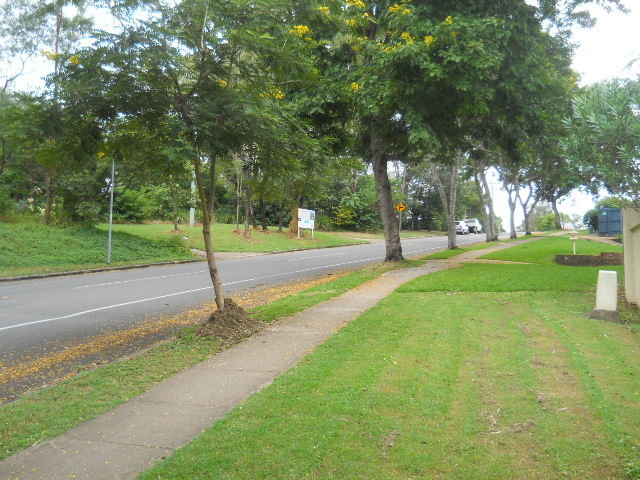About
The ACCS is a longitudinal program of research that explores the role of neighbourhood contexts and processes in explaining variations in crime and disorder over time and across place in Australia.

The study commenced in 2004 seeking to better understand the community processes that help explain the spatial distribution of crime across neighbourhoods. Multiple waves of survey data collection, across a variety of different sites, seek to enhance knowledge and understanding of the stability and change of different neighbourhood characteristics and their impact on a range of social problems.
Research aims
The goal of the Australian Community Capacity Study is to develop a longitudinal understanding of the characteristics and processes that lead to social problems in contemporary urban communities. Specifically, the ACCS aims to:
- Better understand the reciprocal relationships between community structure, neighbour networks, informal social control norms, actual informal social control behaviours and their independent and/or combined impact on crime over time;
- Identify the characteristics of communities that demonstrate a greater resilience or vulnerability to subtle social disruptions (such as population changes, increased immigration concentration and ethnic heterogeneity) and more acute and serious disruptions (such as natural disasters); and
- Examine the differential influences of community level processes in predicting a range of social problems.
